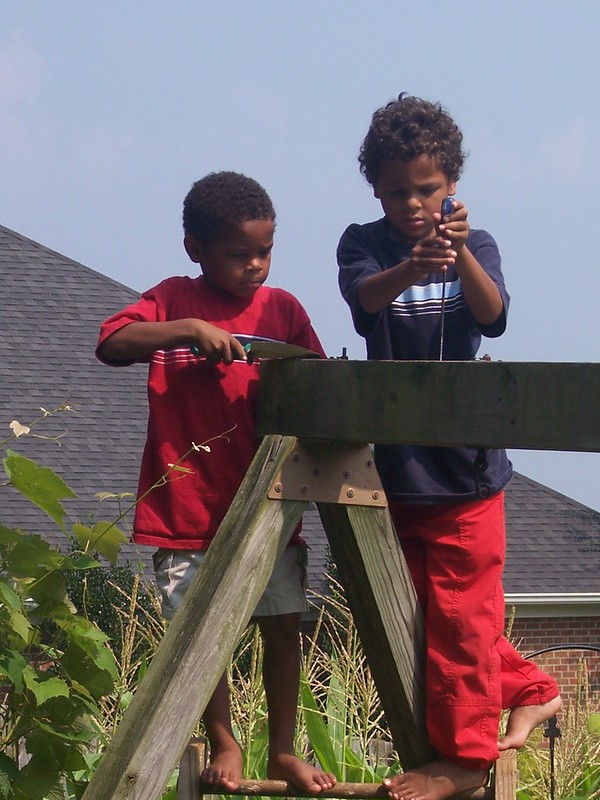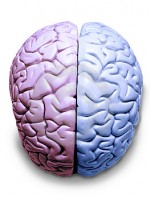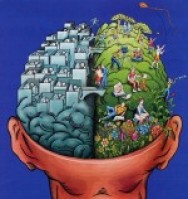Do you hear your child say “this is stupid,” or constantly question why they are asked to do something?
Do math facts not come easily to your child, or is your child a “late reader?”
Does your child provide answers on his homework, but can’t explain how he got them, or does your child have trouble “showing his work?”
Does your child occupy himself with something like building with LEGO®, drawing, or playing while you read aloud to him?
Does your child watch TV or listen to music while doing his homework, or does your child doodle on his homework?
Does your child have trouble completing tasks or keeping track of homework, or do people say your child daydreams instead of concentrating?
Does your child struggle with spelling, have difficulty putting together a legible sentence, resist handwriting or have difficulty with it?
Or, alternatively:
Does your child spend hours doing one of the following: computers/video games, building/electronics, art/photography, music/dance, fashion/sewing, puzzles/mazes, cooking/gardening, or theater/showmanship?
Does your child craft, draw, or build something in intricate detail?
Does your child go on and on telling stories, or does your child enjoy dressing up in interesting costumes or creating complicated play scenarios?
Does your child ask profound questions or know interesting facts that leave you wondering where he learned them?
Does your child show compassion for the cares of the world and want to make a difference, or does your child act as an emotional gauge in the home?
Did your child have an interest in ancient history, mythology, other cultures, the sciences, or nature and animals at a young age?
Does your child remember directions to places she’s only been to once, or have a keen visual memory for stories or movies he heard or saw only once?
Does your child have a knack for current technology?
If you recognize your child possesses many of these attributes, you may have a right-brained learner. These are intelligent, creative, and inquisitive children who often seem to flounder in school. The reality is creative children love to learn, but hate to be taught. They resist or perform poorly because we are not teaching in the way they learn. We use left-brained teaching methods on a right-brained child. The good news and hope within my book and at this website is that there exists a valid and strengths-based educational approach best suited for right-brained learners and, with it, they flourish and thrive.
I’m eager to share what I have discovered over the past 35 years. Happy learning!







